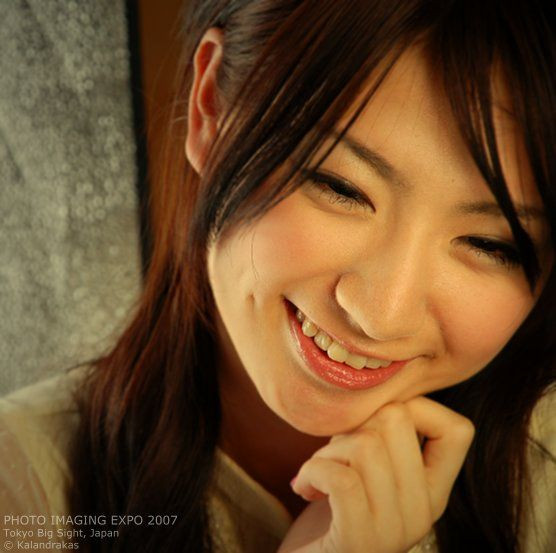Why Do Women Live Longer? Their Immune Systems May Age More Slowly than Men's

To answer the question of why women live longer in Japan, researchers compared age-related changes in the immune systems of men and women. Their findings suggests that women's immune systems age more slowly than men's, and this slower decline may contribute to women living longer.
In humans, data on immunological functions are generally measured from blood serum and blood cells. So, to test their notion that age-related changes in the immune system differ between men and women, researchers analyzed the blood of healthy volunteers in Japan, ranging in age between 20 and 90 years old.
In both sexes the total number of white blood cells per person decreased with age, including the number of neutrophils. Neutrophils are a type of white blood cell that is responsible for the body's protection against infection. They are produced in the bone marrow and released into the bloodstream to travel to wherever they are needed.
Lymphocytes, another type of white blood cell associated with building immunity, also decreased in men and increased in women. Two types of lymphocytes are B cells and T cells. B cells work primarily by secreting antibodies into the body's fluids. Antibodies attach to potentially harmful foreign bodies circulating in the bloodstream, marking them for other cells to attack. The job of attacking these marked bodies — which could be cells that have been infected by viruses or those distorted by cancer — is shared by T cells and other immune cells.
Generally, younger men have higher levels of lymphocytes than similarly aged women, but as people age the number of lymphocytes between becomes comparable across genders. However, after looking in more detail, researchers discovered that the rate of decline in T cells and B cells was slower for women than men.
Other types of lymphocytes, including CD4+ T cells and natural killer (NK) cells, multiplied with age, and the rate of increase was higher in women than men. Similarly an age-related decline in Interleukin-6 and Interleukin-10 (IL-10) — both are signaling molecules involved in cell communication — was steeper in men. There was also an age-dependent decrease in red blood cells found in men, but not in women.
Because IL-10 is known to act as an immune suppressor, the researchers suggest, a lower level of IL-10 in women could explain why the age-related decline of various immunological parameters is less pronounced in women than in men.
"The process of aging is different for men and women for many reasons," explained Katsuiku Hirokawa from the Tokyo Medical & Dental University Open Laboratory. "Women have more estrogen than men which seems to protect them from cardiovascular disease until menopause. Sex hormones also affect the immune system, especially certain types of lymphocytes."
The fact that gender influences the immune system has long been recognised; in postmenopausal women, changes in the immune system have been attributed to estrogen deprivation. In fact, differences in aging of the immune systems between men and women is one of many processes which alter as people grow older. The differences, though, add up to quite a few years. In Japan life expectancy at birth for men is 79 years while women are expected to reach 86 years, the World Health Organization reports. Globally women live, on average, six to eight years longer than men.
Beyond an understanding of the differences in aging generally, might lead to a more personal exploration of age.
"Because people age at different rates, a person's immunological parameters could be used to provide an indication of their true biological age," said Hirokawa.
The results of the research will be available in BioMed Central's open access journal Immunity & Ageing.
Source: Hirokawa, Katsuiku ; Utsuyama, Masanori; Hayashi, Yoshio; Kitagawa, Masanobu; Makinodan, Takashi; Fulop, Tamas. "Slower immune system aging in women versus men in the Japanese population." Immunity & Ageing. 2013.



























